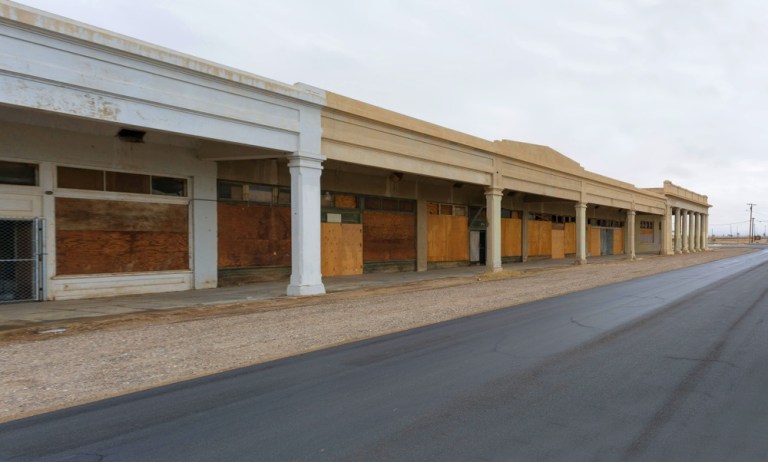Kalanick Joins City Storage Systems As CEO

Travis Kalanick, the ex-Uber chief executive, has found a new job leading City Storage Systems, a startup that repurposes distressed real estates such as parking lots and strip malls.
Recode, citing an unnamed source, reported the company used to be called CloudKitchens and was headed by Diego Berdakin, who is an entrepreneur based in Los Angeles and was one of Uber’s early investors. Kalanick will become CEO and will invest $150 million of his own money. One of the investors in the company is Silicon Valley venture capitalist Chamath Palihapitiya, head of Social Capital, which Recode reported led the most recent round of fundraising. The amount being invested by Kalanick would buy out most of the current outside investors, noted Recode. The startup repurposes the real estate for new businesses including food delivery and internet retail.
In a post on Twitter, Kalanick confirmed his new gig and said it marks the first investment since he announced the launch of 10100, a fund that will be home to his investments and will have a particular focus on real estate. Kalanick said there are “over $10 trillion in these real estate assets that will need to be repurposed for the digital era in the coming years.” In addition to focusing on repurposing real estate assets in the food delivery and retail areas, Kalanick said City Storage Systems would work with the parking and industrial assets as well.
In announcing his new fund earlier this month, Kalanick said he is focusing on creating more jobs with his endeavors. “The overarching theme will be about large-scale job creation with investments in real estate, eCommerce and emerging innovation in China and India,” wrote the entrepreneur in a Twitter post at the time. “Our non-profit efforts will initially focus on education and the future of cities.” The move came just a few weeks after Kalanick sold Uber stock worth $1.4 billion. The fund name, which Kalanick said is pronounced ten-one-hundred, is a reference to the address where the ex-Uber executive grew up in Los Angeles, reported the Financial Times.